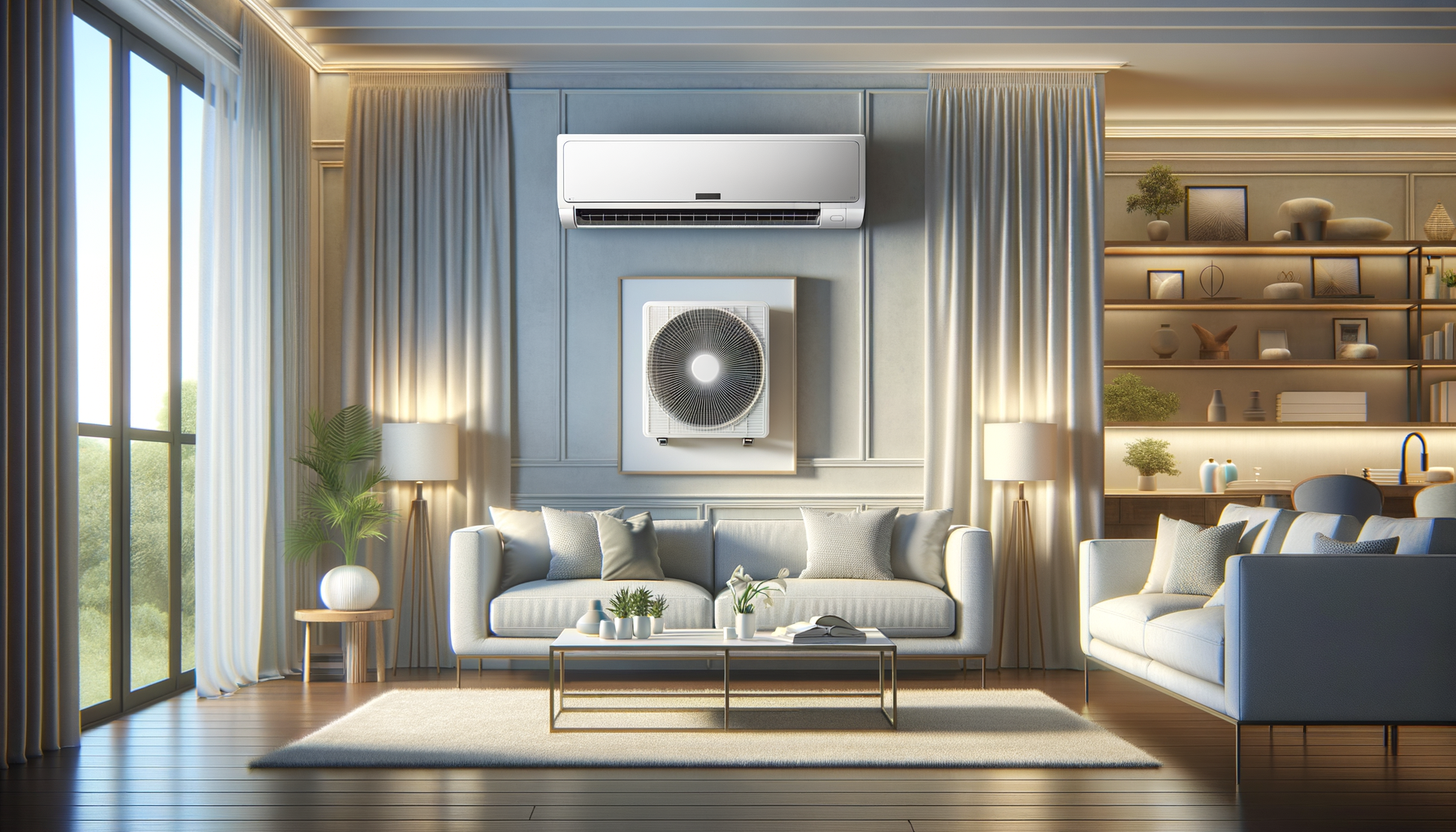Introduction to Ductless Air Conditioning
Ductless air conditioning systems, also known as mini-split systems, have become an increasingly popular choice for homeowners and businesses alike. Unlike traditional HVAC systems that rely on extensive ductwork to distribute air, ductless systems offer a more flexible and efficient solution. These systems consist of an outdoor unit and one or more indoor units, providing targeted cooling to specific areas. This article explores the various benefits of ductless air conditioning systems, making them an attractive option for modern cooling needs.
Energy Efficiency and Cost Savings
One of the primary advantages of ductless air conditioning systems is their energy efficiency. Traditional ducted systems can suffer from energy losses, especially if the ductwork is not properly sealed or insulated. According to the U.S. Department of Energy, duct losses can account for more than 30% of energy consumption in some homes. Ductless systems eliminate this issue by delivering air directly to the intended space, reducing energy waste.
Additionally, ductless systems allow for zoning, meaning you can cool specific rooms as needed rather than the entire home. This targeted approach can lead to significant cost savings on energy bills. Homeowners can expect to save anywhere from 20% to 30% on their cooling costs, depending on usage patterns and local energy rates. The initial investment in a ductless system may be higher, but the long-term savings and efficiency gains often outweigh the upfront costs.
Ease of Installation and Flexibility
Installing a ductless air conditioning system is generally quicker and less invasive than setting up a traditional system with ductwork. The absence of ducts means there is no need for extensive renovations or structural changes, making ductless systems ideal for older homes or buildings where adding ductwork is impractical or impossible.
The flexibility of ductless systems extends to their installation options. Indoor units can be mounted on walls, ceilings, or floors, allowing for creative placement that suits the aesthetic and functional needs of the space. This versatility makes ductless systems suitable for a wide range of applications, from single-room cooling in homes to more complex setups in commercial spaces.
Improved Indoor Air Quality
Indoor air quality is a growing concern for many homeowners, and ductless systems can play a significant role in improving it. Traditional ducted systems can accumulate dust, allergens, and other pollutants within the ductwork, which are then circulated throughout the home. Ductless systems, on the other hand, feature advanced filtration options that help reduce the presence of these contaminants.
The filtration systems in ductless units can be customized to address specific air quality concerns, such as pollen, pet dander, and mold spores. Regular maintenance and filter changes further enhance the air quality benefits, ensuring a cleaner and healthier indoor environment. This feature is particularly beneficial for individuals with allergies or respiratory issues.
Quiet Operation and Enhanced Comfort
Another notable benefit of ductless air conditioning systems is their quiet operation. Traditional systems can be noisy, especially when the ductwork amplifies the sound of moving air. Ductless systems are designed with noise reduction in mind, with many units operating at sound levels as low as 19 decibels, comparable to a whisper.
This quiet operation contributes to enhanced comfort, as occupants can enjoy a peaceful environment without the distraction of a loud HVAC system. Additionally, the ability to control temperature settings in individual rooms allows for personalized comfort, ensuring that everyone in the household can enjoy their preferred climate.
Conclusion: The Future of Home Cooling
Ductless air conditioning systems offer a compelling alternative to traditional HVAC setups, with benefits ranging from energy efficiency and cost savings to improved indoor air quality and comfort. Their ease of installation and flexibility make them suitable for a variety of applications, from residential homes to commercial buildings. As more people seek sustainable and efficient cooling solutions, ductless systems are poised to become a mainstay in modern climate control strategies. Whether you’re upgrading an existing system or planning a new installation, considering a ductless air conditioning system could be a worthwhile investment for the future.




Leave a Reply